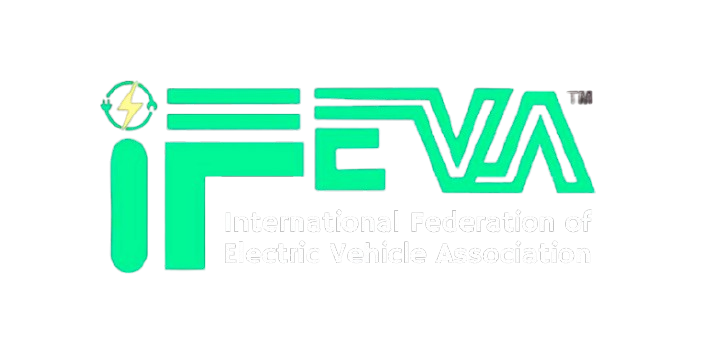Copyright laws protect original creative works, including website content, design, images, and code. If you own a website, it’s important to understand copyright laws and how they apply to your website’s content. Here are some key points regarding website copyrights:
Ownership: As the creator of original content on your website, you automatically own the copyright to that content. This includes text, images, videos, audio, and any other original work you have created.
Copyright Symbol: While not required, it is common to display the copyright symbol (©), the year of publication, and the copyright owner’s name on your website. For example: “© 2023 Your Website Name. All rights reserved.”
Fair Use: Fair use allows limited use of copyrighted material without permission from the copyright owner. Fair use is generally determined by factors such as the purpose of use, the nature of the copyrighted work, the amount used, and the effect on the market for the original work. However, it’s always best to seek permission or consult a legal professional if you are unsure whether your use qualifies as fair use.
Licensing: You can choose to license your website content to others by specifying the terms and conditions of use. This can include granting permissions for others to reproduce, distribute, or modify your content. Creative Commons licenses are a popular option for providing clear guidelines for the use of your work.
Infringement: If someone uses your copyrighted content without permission, you have the right to take legal action for copyright infringement. It’s a good practice to regularly monitor your website for unauthorized use of your content and take appropriate action if necessary.
DMCA: The Digital Millennium Copyright Act (DMCA) provides a framework for addressing copyright infringement on the internet. It allows copyright owners to submit a takedown notice to internet service providers (ISPs) or website hosts when their copyrighted material is used without permission. Website owners should have a DMCA policy in place to address copyright infringement claims and provide a mechanism for content removal.
Using Others’ Content: When using content created by others on your website, such as images, text, or videos, it’s important to obtain proper permission or use content that is licensed for reuse. Creative Commons licenses, stock photo websites, and public domain resources are common sources for obtaining legal and properly licensed content.
It’s crucial to remember that copyright laws can vary depending on your jurisdiction. If you have specific concerns or questions about copyright issues related to your website, it’s advisable to consult with an intellectual property attorney or legal professional who can provide guidance based on your specific circumstances and location.


